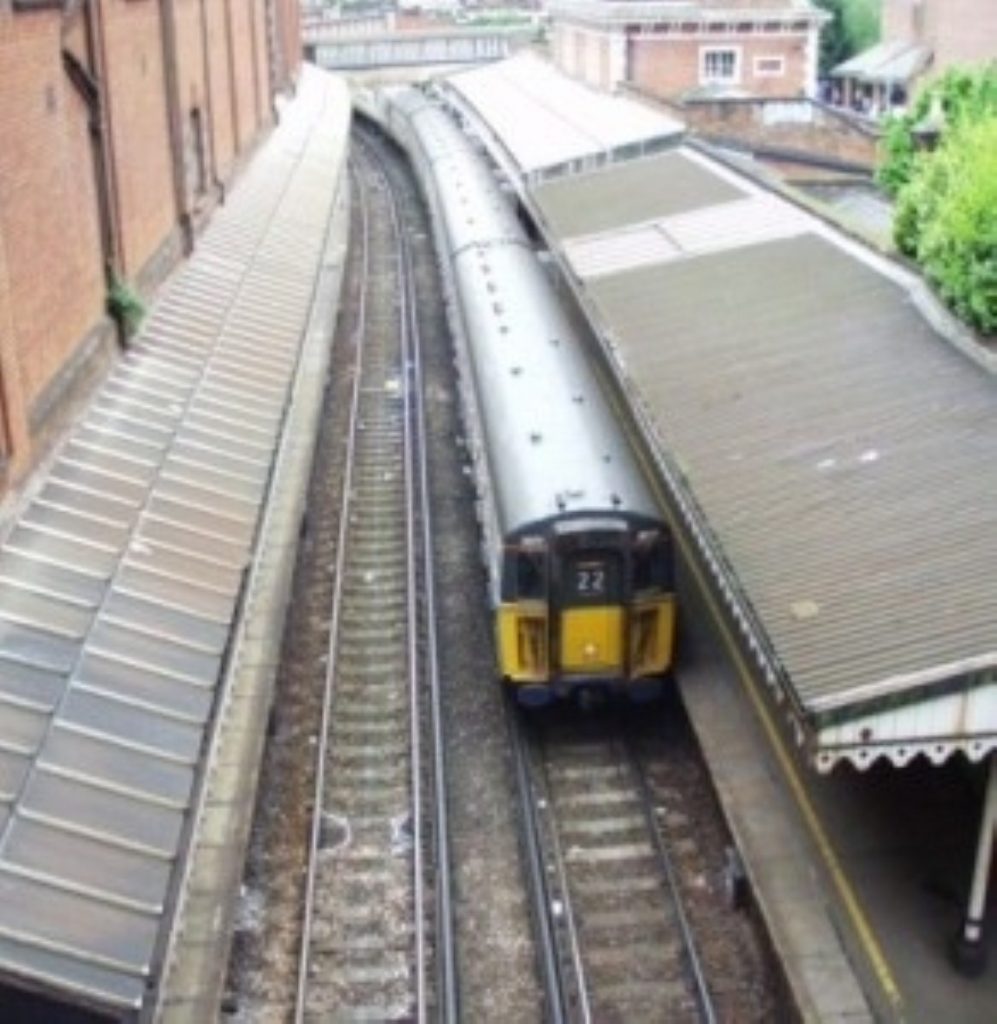Rail passengers face fare hikes and overcrowding
Rail passengers face overcrowding and above-inflation rises in fares despite improvements to the system.
The National Audit Office (NAO) said since the Department for Transport took over the franchising process from the Strategic Rail Authority in 2005, the taxpayer has received better value for money.
Subsidies from the taxpayer for train services are expected to fall from £811 million in 2006-7 to £326 million in 2011-12 – although this does not take into account the slowing economy.
The government has included conditions in its contracts to service providers for investment in services, which have led to improvements in reliability and security, the NAO said.


However, improvements in customer satisfaction from a better quality of passenger rail services on the eight services the department lets could be wiped out by overcrowding and fare increases, the NAO warned.
Tim Burr, head of the NAO, said: “Taxpayers and passengers should benefit from changes made to the franchising process for passenger rail services.
“The Department for Transport has contracted to save the taxpayer money while improving service quality, but it will need to see that capacity increases are well-managed and timely if passengers are to expect less crowded and more reliable journeys.”
Most regulated fares, such as saver and season tickets, have risen by around one per cent above inflation but non-regulated fares have risen much higher – by 20 per cent in some cases.
“The government has made franchising look more efficient because it has been shifting the burden of subsidising franchisees’ profits from the taxpayer to the fare-payer with inflation-busting fares increases,” RMT general secretary Bob Crow said.
“The prediction of a huge fall in subsidy is based on sharp and sustained increases in passenger numbers, but if they fail to materialise in the current economic climate it will be passengers and taxpayers who will have to fork out.”












